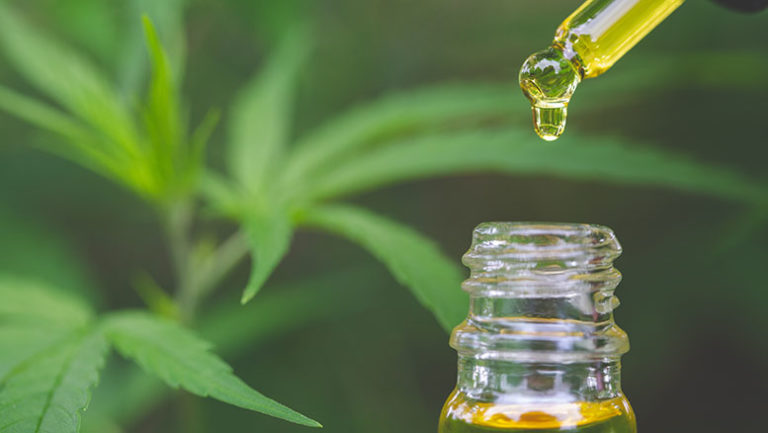EIHA projects GmbH, a consortium of the European Industrial Hemp Association (EIHA), said research it is currently conducting on the safety of CBD will meet the expectations of the European Food Safety Authority (EFSA).
Concern about safety on the part of EFSA “is definitely not a surprise and 100% in line with our approach,” EIHA said in a statement.
EFSA earlier this month said it had identified gaps in research regarding the effects of CBD on humans, declaring “the safety of CBD as a novel (new) food cannot currently be established.”
The EIHA consortium is spending €2.5 to €3 million on extensive toxicology and clinical research regarding CBD and THC which will be the basis for its novel food applications, which cover isolates and full-spectrum formulations.
Pooling resources
“We decided in 2021 to pool the resources of more than 100 companies and work . . . on a serious and solid submission, anticipating the scientific gaps indicated by EFSA,” EIHA said.
While EFSA has not concluded that CBD consumption is dangerous, the agency said in a statement issued earlier this month that research currently available on the compound’s effects on the liver, gastrointestinal tract, endocrine system, nervous system, and on psychological well-being is insufficient.
The EFSA statement was a response to the European Commission, which sought input from the agency’s experts regarding the safety of CBD. The Commission has said CBD can be classified as a new or “novel” food if it meets relevant provisions in EU food legislation.
Cutting costs
EIHA formed the consortium as a way to reduce the cost of the EU’s novel food approval procedure to its members. The Association estimates the cost of getting a single product approved under novel food rules as ranging from €350,000 to €500,000 per product.
Participation in the EIHA consortium, structured in two categories, significantly reduces those costs. In the first category, producers of hemp biomass and raw materials, makers of processed extracts, premixes, oils, and isolates as well as service providers pay fees according to an eight-tier payment structure which ranges from €20,000 for those with CBD-related income of €1 million or less, up to €330,000 for those with income of €50 million or more. Consortium participants are also required to join the EIHA on a parallel rate scale that ranges from €2,500 to €25,000.
Under a companion 12-tier sublicensing program for white-label operators, fees range from €1,800 for companies with income of €10,000 or less up to €405,000 for those with income of €50 million or more.
Novel food in the EU
Europe’s novel food rules were created to control new, genetically or synthetically produced food products before market entry. Under the guidelines, novel foods are defined as those that were not consumed to a significant degree in the EU before May 15, 1997. If a food is considered novel it must undergo a pre-market safety assessment under EFSA before it can be legally marketed in the EU.
ChemSafe, an Italian consultancy that has experience in the chemical, pharmaceutical, biocides, agrochemical, cosmetics, medical devices and food sectors, is heading the science-based analysis of CBD and THC on behalf of EIHA.
EFSA has scheduled an information session June 28, during which agency representatives will answer questions and provide guidance to current novel food applicants regarding the research gaps identified. A total of 19 CBD applications are now before the agency.

